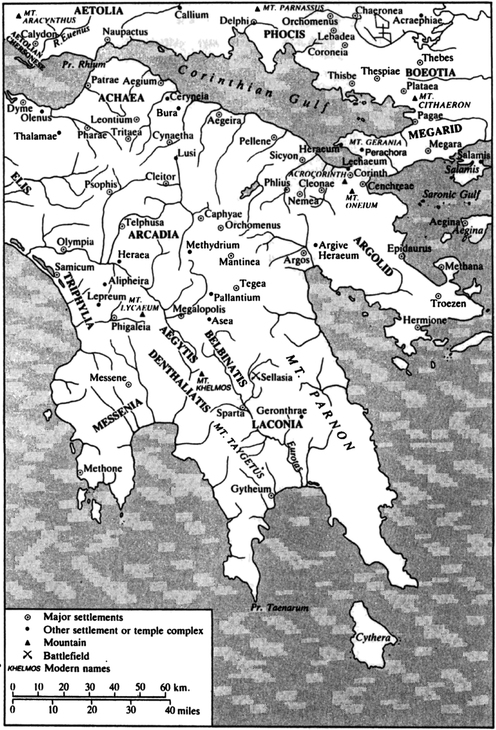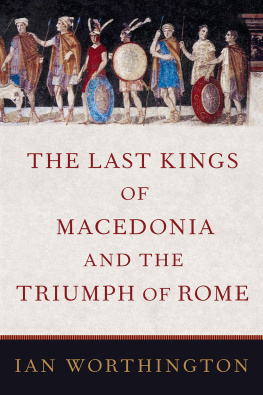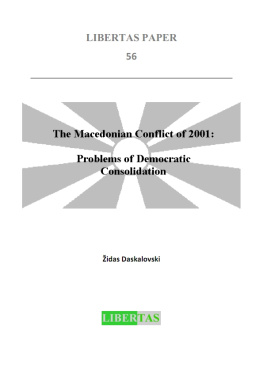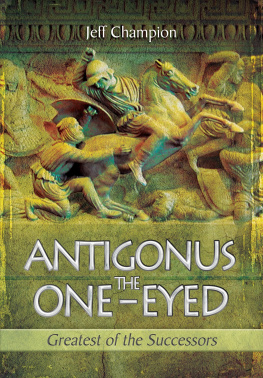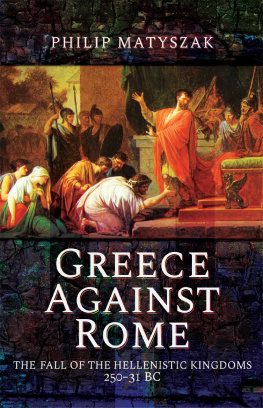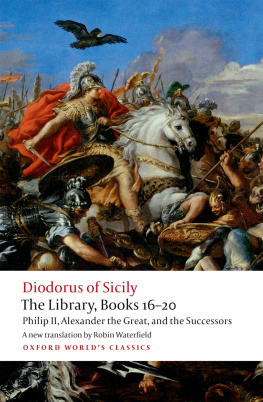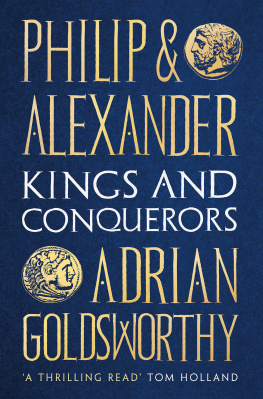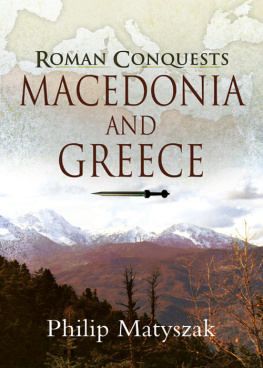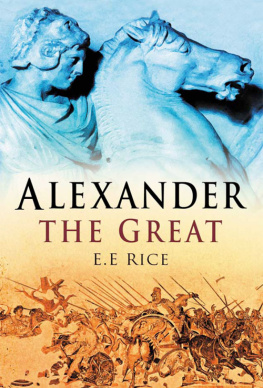The Last Kings of Macedonia and the Triumph of Rome

Oxford University Press is a department of the University of Oxford. It furthers the Universitys objective of excellence in research, scholarship, and education by publishing worldwide. Oxford is a registered trade mark of Oxford University Press in the UK and certain other countries.
Published in the United States of America by Oxford University Press
198 Madison Avenue, New York, NY 10016, United States of America.
Oxford University Press 2023
All rights reserved. No part of this publication may be reproduced, stored in a retrieval system, or transmitted, in any form or by any means, without the prior permission in writing of Oxford University Press, or as expressly permitted by law, by license, or under terms agreed with the appropriate reproduction rights organization. Inquiries concerning reproduction outside the scope of the above should be sent to the Rights Department, Oxford University Press, at the address above.
You must not circulate this work in any other form and you must impose this same condition on any acquirer.
CIP data is on file at the Library of Congress
ISBN 9780197520055
eISBN 9780197520079
DOI: 10.1093/oso/9780197520055.001.0001
in memoriam
Tim (T.T.B.) Ryder
who first introduced me to Greek history
and who was the proverbial scholar and gentleman
Contents
This book is a history and reassessment of the last three kings of ancient Macedonia: Philip V (r. 221179), his son Perseus (r. 179168), and the pretender Andriscus, also called Philip VI (r. 149148). Their names are not as immediately recognizable as predecessors like Philip II (r. 359336) and Alexander the Great (r. 336323), and by the time Philip V came to the throne the heyday of Macedonia as an imperial power under Alexander was long over. Yet their reigns underpin one of the more important periods in antiquity: the rise of Roman dominion in the east. All three kings were at war with Rome, for which ancient writers denounced them for flawed policies, disreputable personal qualities, and rashness, so that their reigns are seen as postscripts to Macedonian history and subsumed within the history of Roman expansion.
Certainly, these three kings are not the household names that their illustrious predecessors are, nor did they forge or maintain a vast, overseas empire, as had Alexander. But they were far from being a postscript to Macedonias Classical greatness or merely collateral damage in Romes rise in the east. Philip and Perseus deserve credit as they often had the upper hand in their wars against Rome and had to contend with hostile eastern powers and Greeks south of Mount Olympus.
Rather than appraising each king individually, this bookthe first full-scale treatment of Philip V in eighty years and the first in English of Perseus and Andriscus in over fiftydiscusses them together to argue that they and the period deserve to be rated more highly. They fought to preserve their kingdoms independence and standing in the Greek world, no matter the odds against them, and so deserve to be center stage in Macedonias, not just Romes, history.
It is my pleasure to thank once again Stefan Vranka for his support and feedback and all the admirable staff at Oxford University Press who saw the book through production.
I am indebted to Monica DAgostini, Joseph Roisman, and Robin Waterfield for generously agreeing to read an earlier draft of the book: their sharp and precise comments improved greatly what they had to read.
My thanks also go to the anonymous Oxford University Press referees for equally excellent remarks and for thinking the book has merit.
I am grateful to Monica DAgostini for sending me a copy of her book on Philip V when access to libraries was impossible; my excellent colleague Danijel Dzino for chats about Illyria; Yuri Kuzmin for setting me straight about Philips mother; Robin Waterfield for some needed personal photos of the Aous Gorge, Cynoscephalae, and Pydna sites; and Albert Nguyen for graciously granting his permission to reuse his drawing of the frieze on the Paullus monument at Delphi. As well, I thank Angela Abberton for the thankless task of checking many ancient references and Sarah Plant for the equally herculean task of compiling the index.
I am obliged to Macquarie University for granting me OSP leave in the second semester 2020, which allowed me to finish a second draft of the book and make substantial progress on another.
My deep regret is that the dedicatee of this book did not live to see it. I knew Tim Ryder, who died in October 2021, for forty-five years since my undergraduate days at Hull (19761979), and we kept in good contact since I left there. He inspired in me a love for Greek history, which shows no sign of abating, and for that I thank him.
Last but certainly not least, I thank my family for being there.
Ian Worthington
Macquarie University
October 2022
| BNJ | Brills New Jacoby (Jacoby Online), numerous ancient writers prepared by modern scholars, editor-in-chief Ian Worthington (Leiden: 2003) |
| IG | Inscriptiones Graecae, many volumes with different editors (Berlin: 1873) |
| ISE | Iscrizioni storiche ellenistiche, 2 vols., editor L. Moretti (Florence: 196775) |
| SEG | Supplementum Epigraphicum Graecum, many volumes, various editors (Leiden: 1923) |
| SIG3 | Sylloge Inscriptionum Graecarum, 4 vols., editor W. Dittenberger (Leipizg: 191524) |
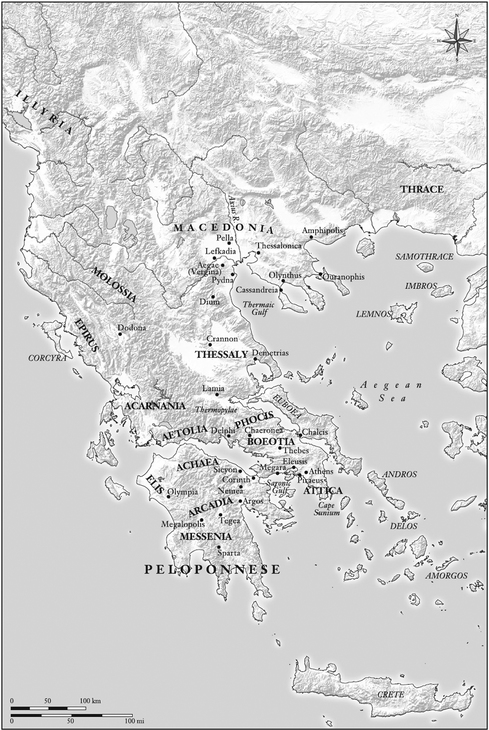
MAP 1. Overview: Greece and the Balkans. Reproduced from , Oxford University Press, 2016.
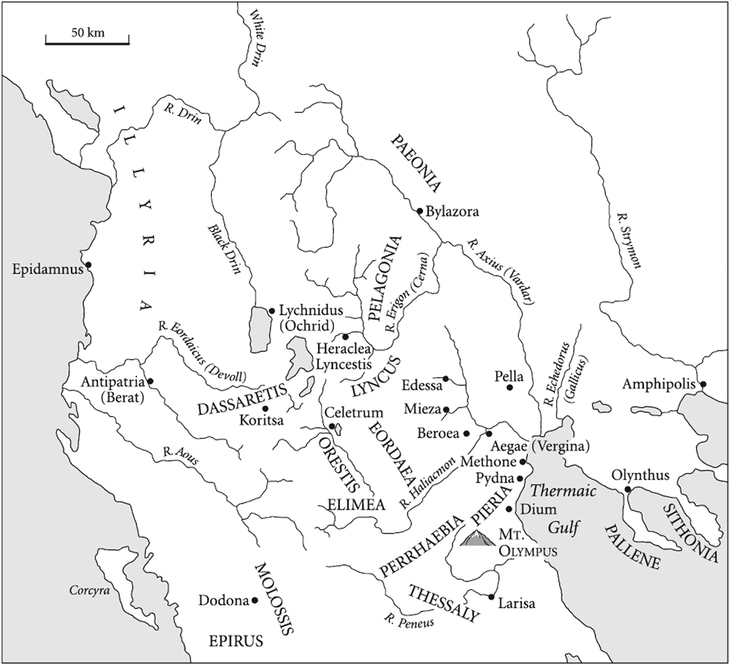
MAP 2. Macedonia. Reproduced from , Oxford University Press, 2021.
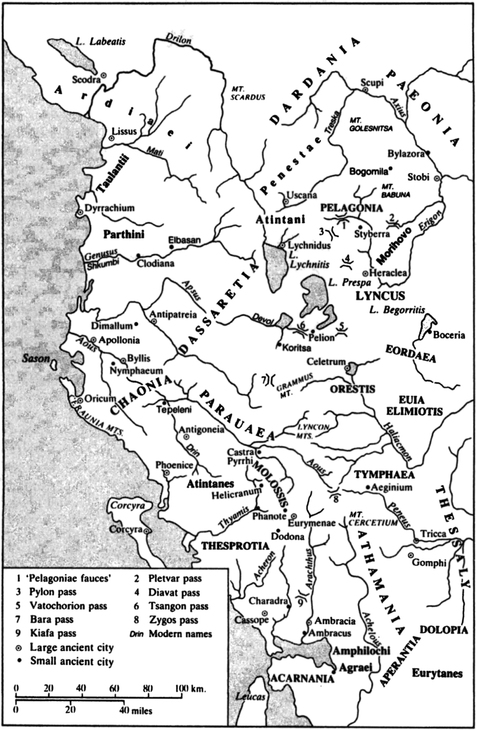
MAP 3. Macedonia and Illyria. Reproduced from , vol. 3, Oxford University Press, 1988.
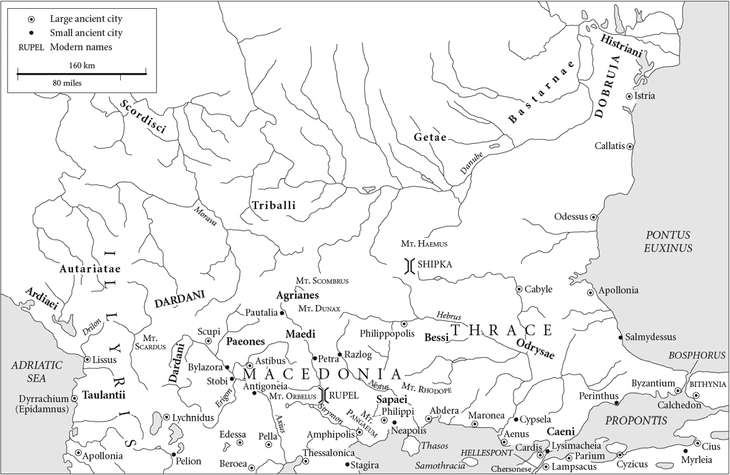
MAP 4. Macedonia and Thrace. Reproduced from , Oxford University Press, 2014.
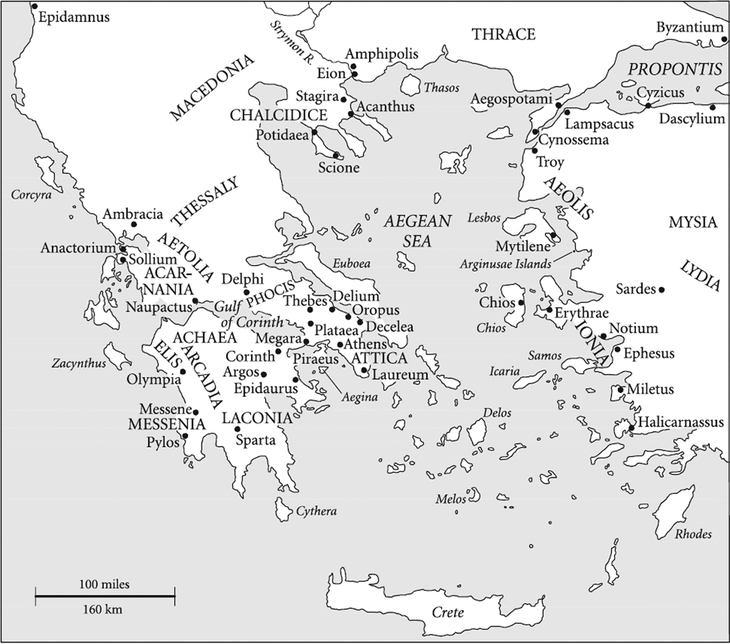
MAP 5. Greece and the Aegean. Reproduced from , Oxford University Press, 2021.
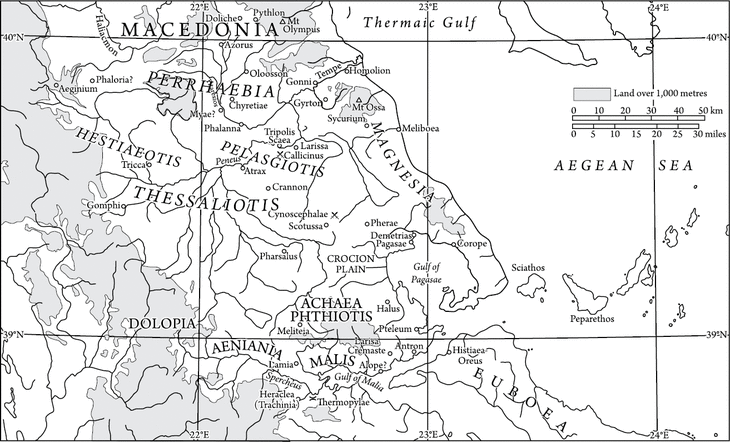
MAP 6. Thessaly. Reproduced from , Cambridge University Press, 2017. Reproduced with permission of The Licensor through PLSclear.
